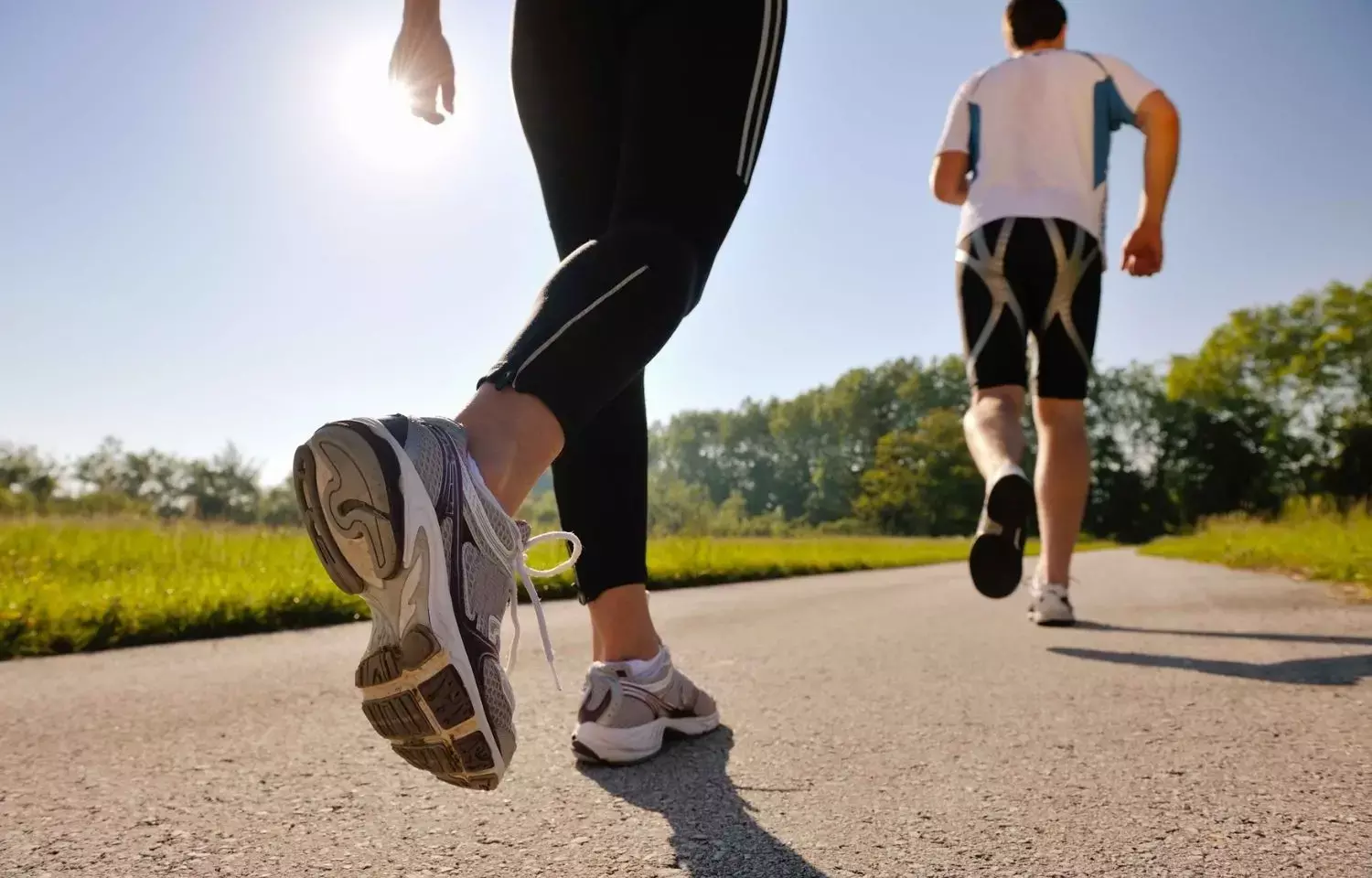- Home
- Medical news & Guidelines
- Anesthesiology
- Cardiology and CTVS
- Critical Care
- Dentistry
- Dermatology
- Diabetes and Endocrinology
- ENT
- Gastroenterology
- Medicine
- Nephrology
- Neurology
- Obstretics-Gynaecology
- Oncology
- Ophthalmology
- Orthopaedics
- Pediatrics-Neonatology
- Psychiatry
- Pulmonology
- Radiology
- Surgery
- Urology
- Laboratory Medicine
- Diet
- Nursing
- Paramedical
- Physiotherapy
- Health news
- Fact Check
- Bone Health Fact Check
- Brain Health Fact Check
- Cancer Related Fact Check
- Child Care Fact Check
- Dental and oral health fact check
- Diabetes and metabolic health fact check
- Diet and Nutrition Fact Check
- Eye and ENT Care Fact Check
- Fitness fact check
- Gut health fact check
- Heart health fact check
- Kidney health fact check
- Medical education fact check
- Men's health fact check
- Respiratory fact check
- Skin and hair care fact check
- Vaccine and Immunization fact check
- Women's health fact check
- AYUSH
- State News
- Andaman and Nicobar Islands
- Andhra Pradesh
- Arunachal Pradesh
- Assam
- Bihar
- Chandigarh
- Chattisgarh
- Dadra and Nagar Haveli
- Daman and Diu
- Delhi
- Goa
- Gujarat
- Haryana
- Himachal Pradesh
- Jammu & Kashmir
- Jharkhand
- Karnataka
- Kerala
- Ladakh
- Lakshadweep
- Madhya Pradesh
- Maharashtra
- Manipur
- Meghalaya
- Mizoram
- Nagaland
- Odisha
- Puducherry
- Punjab
- Rajasthan
- Sikkim
- Tamil Nadu
- Telangana
- Tripura
- Uttar Pradesh
- Uttrakhand
- West Bengal
- Medical Education
- Industry
'Weekend warriors' and 'regular' exercise gives equal health benefits, lowers mortality: JAMA

USA: Performing 150 minutes or more of moderate to vigorous physical activity (MVPA) per week leads to similar health benefits whether the sessions are concentrated on a weekend (weekend warrior) or spread throughout the week (regularly active), a recent study has stated.
The findings, published in JAMA Internal Medicine found that compared with physically inactive participants, active participants (both weekend warriors and regularly active) have lower all-cause and cause-specific mortality rates. The researchers found no significant differences for all-cause or cause-specific mortality between regularly active participants and weekend warriors after accounting for the total amount of MVPA.
Physical activity (PA), defined as any voluntary bodily movement produced by skeletal muscles requiring energy expenditure has many health benefits. It is proven to help prevent and manage non-communicable diseases. In recent times, physical activity has dropped due to inaction during leisure time and sedentary behavior on the job and at home. Also, an increase in the use of "passive" modes of transportation contributes to insufficient PA.
The WHO guidelines recommend adults perform 150 to 300 minutes per week (min/wk) of moderate-intensity aerobic physical activity, 75 to 150 min/wk of vigorous-intensity aerobic physical activity, or an equivalent combination of both intensities. It is unclear whether the same amount of physical activity spread over more days or concentrated into fewer days provides the same benefits or differs in terms of mortality risk.
Mauricio dos Santos, Universidade Federal de São Paulo, Brazil, and his team conducted a large prospective cohort study to examine the association of weekend warriors and other patterns of leisure-time physical activity with all-cause and cause-specific mortality.
Researchers enrolled 350 978 adults who self-reported their physical activity and followed them for a median of 10.4 years. Participants were grouped into, physically inactive or physically active depending on the activity level. The active group was further classified by pattern: weekend warrior or regularly active; and then, by frequency, duration/session, and intensity of activity. The main outcomes were set as all-cause, cardiovascular disease (CVD), and cancer mortality.
Key findings of the study data,
• There were 21 898 deaths documented, including 4130 from CVD and 6034 from cancer.
• Compared with physically inactive participants, hazard ratios (HR) for all-cause mortality were 0.92 for the weekend warrior and 0.85 for regularly active participants; findings for cause-specific mortality were similar.
• Weekend warrior participants had similar all-cause and cause-specific mortality rates as regularly active participants, independent of total MVPA
• The HRs for weekend warrior vs regularly active participants were 1.08 for all-cause mortality; 1.14 for CVD mortality; and 1 for cancer mortality.
Researchers conclude that regular physical activity is associated with lower risks of all-cause and cause-specific mortality compared with physical inactivity. Most importantly, these findings suggest the recommended amount of moderate to vigorous physical activity, spread out during the week or concentrated on fewer days(weekends) has similar health benefits.
The present study findings provide great insight for achieving the recommended levels of physical activity for people who have fewer opportunities for daily or regular physical activity during their work week, the authors wrote.
Reference:
dos Santos M, Ferrari G, Lee DH, et al. Association of the "Weekend Warrior" and Other Leisure-time Physical Activity Patterns With All-Cause and Cause-Specific Mortality: A Nationwide Cohort Study. JAMA Intern Med. Published online July 05, 2022. doi:10.1001/jamainternmed.2022.2488
BDS
Dr. Hiral patel (BDS) has completed BDS from Gujarat University, Baroda. She has worked in private dental steup for 8years and is currently a consulting general dentist in mumbai. She has recently completed her advanced PG diploma in clinical research and pharmacovigilance. She is passionate about writing and loves to read, analyses and write informative medical content for readers. She can be contacted at editorial@medicaldialogues.in.
Dr Kamal Kant Kohli-MBBS, DTCD- a chest specialist with more than 30 years of practice and a flair for writing clinical articles, Dr Kamal Kant Kohli joined Medical Dialogues as a Chief Editor of Medical News. Besides writing articles, as an editor, he proofreads and verifies all the medical content published on Medical Dialogues including those coming from journals, studies,medical conferences,guidelines etc. Email: drkohli@medicaldialogues.in. Contact no. 011-43720751


